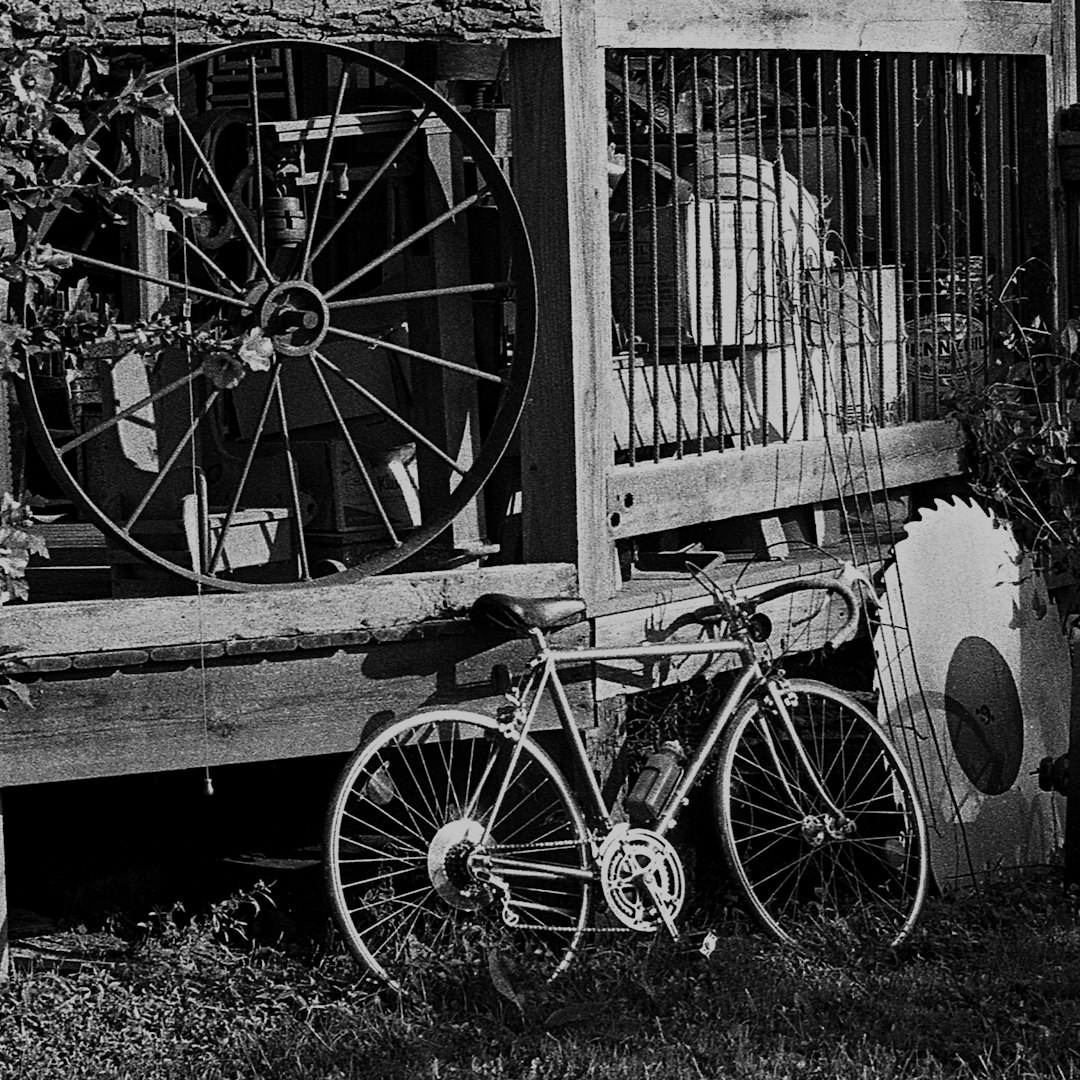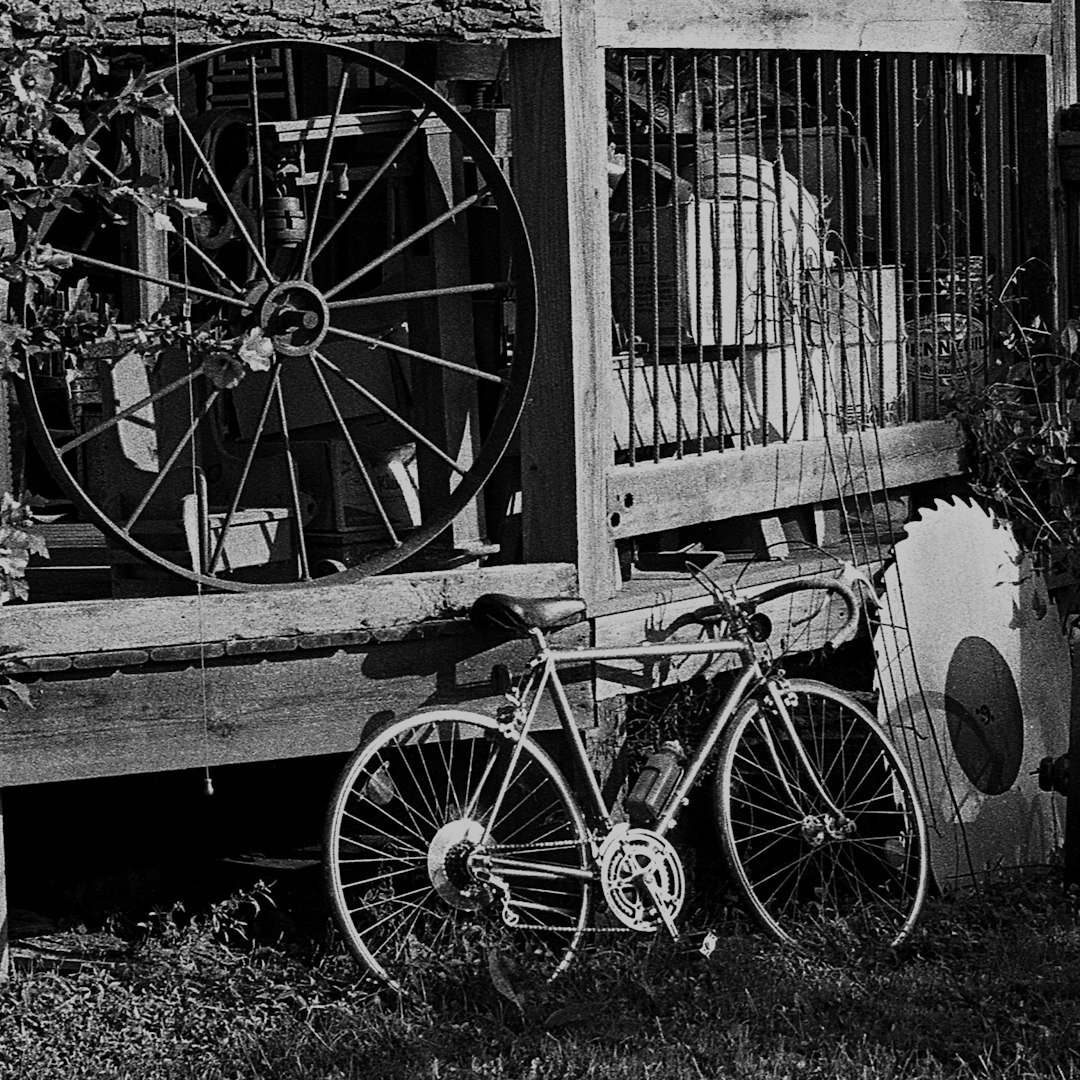In Missouri, the Telephone Consumer Protection Act (TCPA) strictly regulates automated calls, including robocalls. Violating these rules can lead to penalties for churches and businesses. If your Springfield church receives or makes automated calls without legal consent, consulting with a spam call law firm or TCPA lawyer specializing in Missouri cases is advised to avoid lawsuits. These professionals ensure compliance and guide you through your rights if affected by unauthorized calls.
Springfield churches are increasingly using automated calls to engage their congregations and reach out to the community. However, navigating the complex landscape of telephone consumer protection laws is crucial to avoid legal pitfalls. This article guides you through the intricacies of the Telephone Consumer Protection Act (TCPA) in Missouri, helping you recognize illegal robocalls and understand your rights to take action against spam callers. If you’ve been affected by unwanted automated calls, discover how a Spam Call law firm in Missouri can assist with potential legal recourse.
Understanding the Telephone Consumer Protection Act (TCPA) in Missouri

In Missouri, the Telephone Consumer Protection Act (TCPA) plays a pivotal role in regulating automated calls, including robocalls. The TCPA is a federal law designed to curb excessive and unwanted telemarketing practices by providing consumers with rights and protections against spam calls. If your church in Springfield receives or makes automated calls, it’s crucial to understand the legal boundaries set by this act. Violating the TCPA can result in significant financial penalties for businesses and organizations, including churches.
Missouri’s interpretation of the TCPA allows individuals to take legal action if they receive automated or prerecorded calls without their prior consent. This includes robocalls from churches or any other entity. If you’re considering suing for robocalls in Missouri, it’s advisable to consult with a spam call law firm or lawyer specializing in TCPA cases. They can guide your church on how to make compliant automated calls and help you understand your rights if you’ve been affected by unauthorized robocalls. Remember, adhering to the TCPA not only protects your church from potential lawsuits but also ensures respectful communication with your community.
When Automated Calls Cross the Line: Identifying Illegal Robocalls

Automated calls, while a legitimate marketing tool when used responsibly, can cross the line and become illegal robocalls if they violate consumer privacy or specific regulations. In Missouri, the Telephone Consumer Protection Act (TCPA) governs automated calling practices, ensuring residents’ rights against unwanted spam calls. If your Springfield church receives or makes automated calls that are harassing, misleading, or not consented to, it may be considered a violation of the TCPA.
Understanding when an automated call becomes illegal is crucial. Calls made for marketing purposes without prior express consent from the recipient can lead to legal repercussions. Moreover, if the calls include prerecorded messages and are left without the caller’s identification, they could fall into the category of spam calls. Missouri residents have the right to take legal action against companies or organizations engaging in such practices by hiring a reputable spam call law firm or lawyer specializing in TCPA cases. This ensures that churches can protect themselves from potential lawsuits and maintain compliance with state laws regarding automated communication.
Legal Action Against Spam Callers: Your Rights and Resources in Missouri

In Missouri, unwanted automated calls, often referred to as robocalls or spam calls, are regulated by the Telephone Consumer Protection Act (TCPA). If your church in Springfield has been receiving nuisance calls, you have legal rights and options available. The TCPA prohibits certain types of automated telemarketing calls without prior express consent from recipients.
If a church member believes their privacy has been violated due to spam calls, they can take action. This may involve contacting a reputable spam call law firm or lawyer for TCPA in Missouri to explore legal options, including the potential for suing the callers under state and federal laws. It’s important to document the calls, including dates, times, and content, as this information will be crucial if you decide to take legal action against the perpetrators.






